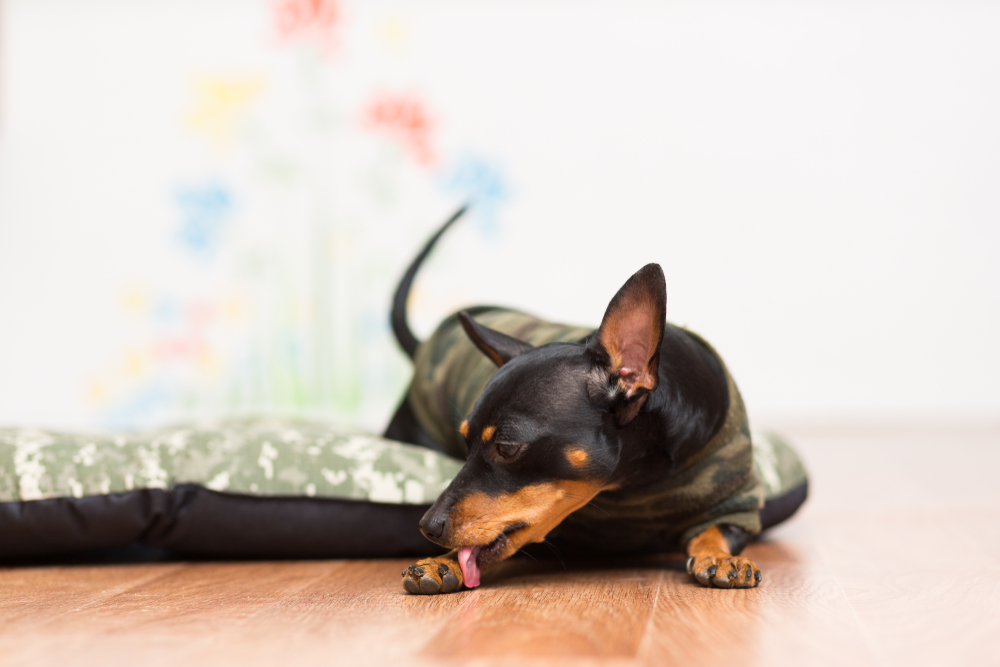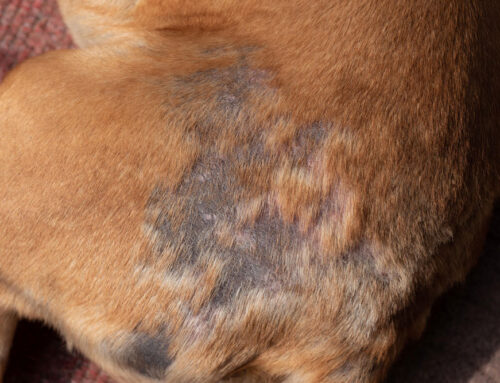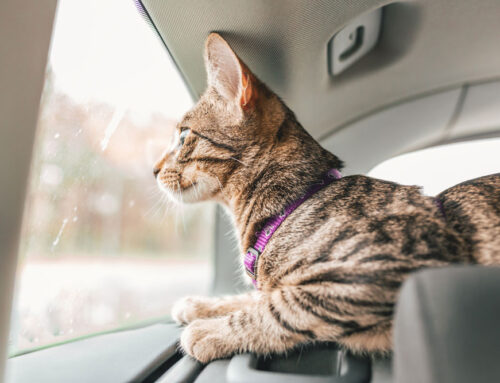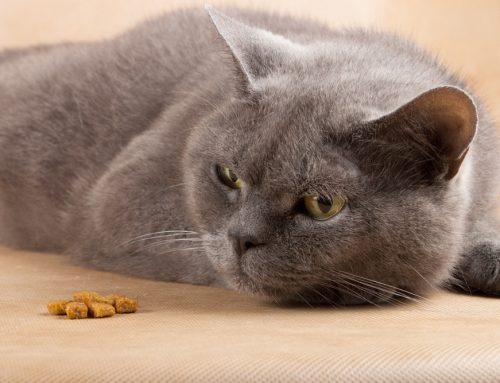Dogs are weird creatures, although they’re not quite as strange as cats—sorry, cat lovers, but you know it’s true! Whether your dog is racing across the carpet on their butt, rolling in a questionable substance, or pretending they’re a cow as they graze on grass, sometimes you don’t understand your furry pal. But, they have a secret reason behind every action, and our Twin Maples Veterinary Hospital team is tackling these mysteries. Check out our Q&A session where we answer all your burning questions about your dog’s weird behaviors.
Q: Why does my dog scoot their butt across my carpet?
A: Many people think their dog drags their hind end across the ground because of a parasite issue, but that is rarely the case. Your pet may have itching related to allergic skin disease caused by external parasites or environmental allergens. Another reason your furry pal is racing along the carpet this way may be related to their anal glands. Right inside your pet’s anus are two small sacs that fill with a thin, brown, incredibly stinky fluid. These sacs are typically expressed naturally when your pet defecates, leaving behind a scent message with their deposit. However, these glands can become impacted as the fluid thickens, creating uncomfortable pressure your dog tries to relieve by scooting on the floor. We can’t be sure of the cause without an examination, so schedule an appointment with us if you see your pet scooting.
Q: Why does my dog like to roll in dead things or other smelly substances?
A: It seems that as soon as you give your dog a bath, they find something disgusting to roll in, ruining their fresh smell. While there are several theories about why dogs roll in dead things or other smelly substances, most animal experts agree that the gross odor camouflages the pet’s natural scent. This is a leftover behavior from their wolf ancestors, who would roll in strong-smelling substances to disguise their scent prior to a hunt.
Q: Why does my dog eat grass?
A: Each morning when you go outside, you may wonder why your dog likes to mow down the grass. Some pets simply like the taste and texture of grass, while others may be hearkening back to their ancestors. Canine ancestors likely ate grass to help them clear out foreign bodies and parasites because of its high fiber. Your pet may instinctively eat grass, but try to dissuade them, because too much grass may cause gastrointestinal upset or even form a thick mat in their stomach that requires surgical removal.
Q: Why does my dog chase their tail?
A: An adorable behavior, tail chasing seems most common in young puppies who recently discovered their tail’s existence. Older dogs may also chase their tail, whether they’re trying to attract attention, or because they are suffering from a medical issue. In some breeds, such as the bull terrier, tail chasing can be an obsessive compulsive behavior that is incredibly difficult to stop. Your dog may also chase their tail because fleas are living on their tail base, or they are trying to reach a tail injury.
Q: Why does my dog lick their paws so much?

A: Dogs who lick their paws on occasion can be perfectly normal, but excessive paw licking is often a sign of an underlying medical condition. If your dog tends to lick their paws after coming in from the outdoors, especially in the spring and summer, they may have an environmental allergy. Allergies to pollen, grasses, and trees often manifest as itchy skin, and when your pet comes in contact with grass and pollen, they’ll lick their paws to try to stop the itch.
Dogs may also lick their paws as a soothing action, often when they’re winding down for the night, or trying to relax. Dog owners will notice this behavioral paw-licking most often when the family is sitting down to watch TV, or otherwise resting and relaxing, or during the night when you’re trying to sleep. This type of paw licking can be equated to a child’s thumb sucking.
If you’re not certain whether your pooch’s unusual antics are a normal behavior, or a sign of an underlying medical condition, rely on your Twin Maples Veterinary Hospital team. We’ll unravel the mystery behind your pet’s actions, and treat any potential illness. Call our office to schedule an appointment.









Leave A Comment